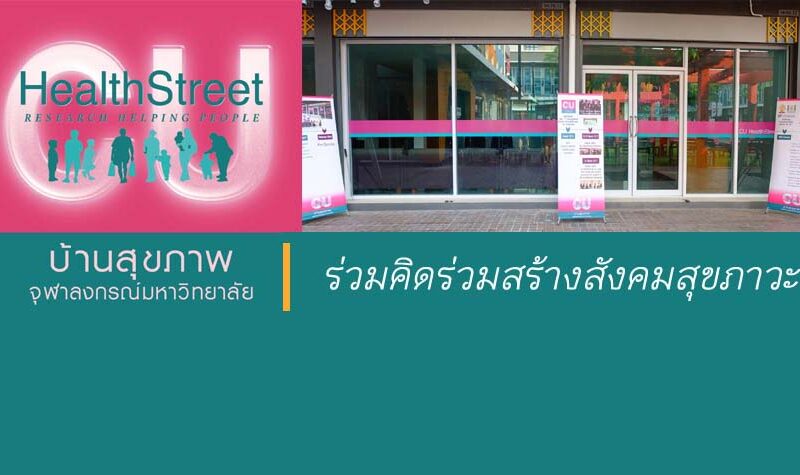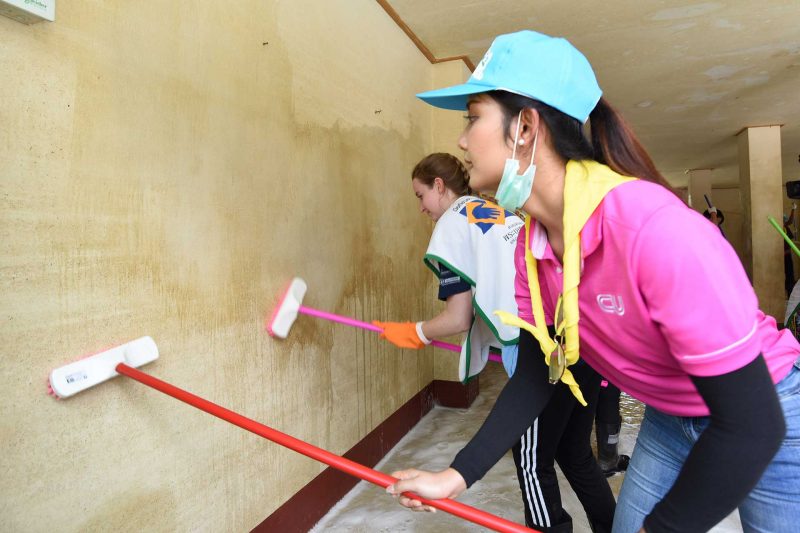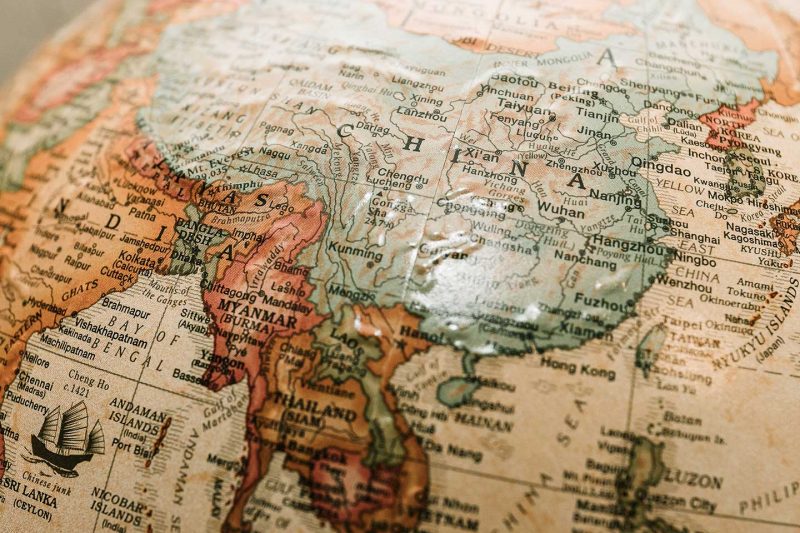Research in Saraburi into the challenges of tropical climate helping to improve milk quality
Every Thursday, raw milk from more than 200 farmers in Saraburi and neighboring provinces is delivered to the Center for Research and Technological Transfer for the Development of Dairy Farming in Humid Tropical Zones. There, it undergoes quality tests for protein, fat, calcium, sugar and white blood cells to make sure that it meets the required standard before it is sent to a dairy for further processing.
Located in the compound of Chulalongkorn University’s Network Center for Regional Learning, the facility is equipped with modern instruments capable of testing huge amounts of raw milk at a time and delivering quick results. This makes it possible for dairy farmers to send their products for tests a few times every month.
The frequency of the tests is indicative of the quality of the milk and the health of the dairy cattle, which will enable farmers to improve the quality of their raw milk, according to Associate Professor Dr Kittisak Atchariyakachorn of the Tropical Diseases Department of the Faculty of Veterinary Medicine at Chulalongkorn University.
Testing the quality of raw dairy milk is one of the major tasks of the center, with an aim to improve the quality of life of Thai dairy farmers.
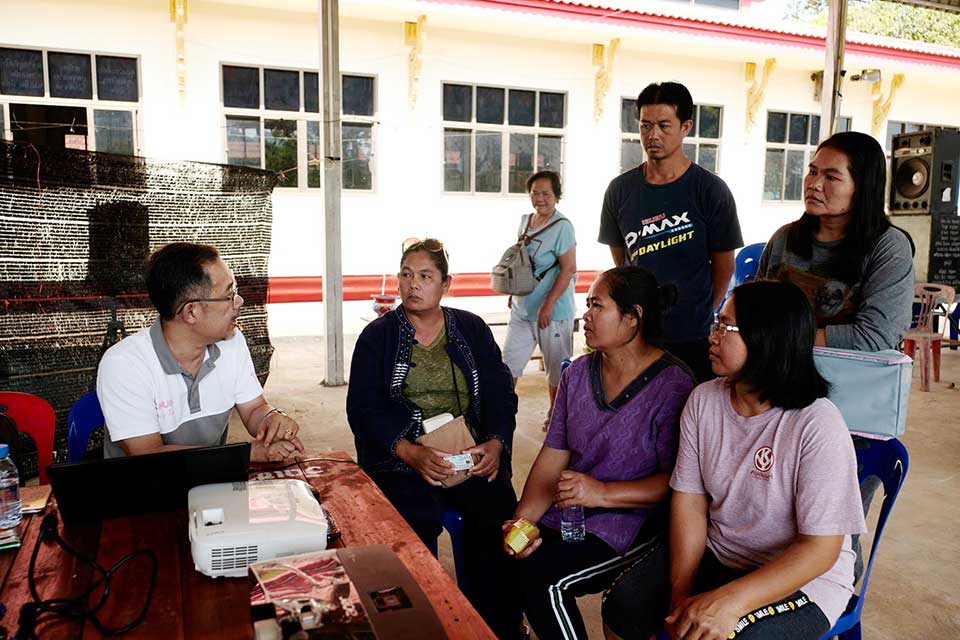
A hot and humid climate causes stress on dairy cows, leading them to eat less, explains Dr Kittisak. This can lead to poor animal health and low quality of milk.
This explains why the staff of the Faculty of Veterinary Medicine, dairy experts and farmers have joined forces to solve the problems facing the sector, through a tropical dairy research project in Saraburi.
The province was chosen because it was the first in Thailand to adopt dairy farming, under the sponsorship of the late King Bhumibol Adulyadej, in 1962. Also, Chulalongkorn University already had a facility there.
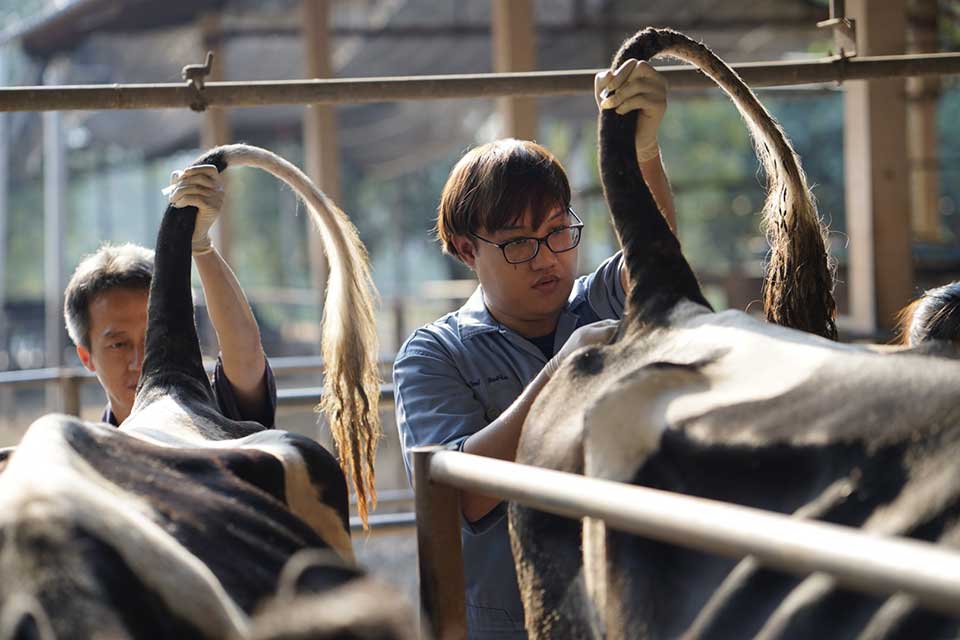
With funding support from 2016 through 2020 from the Enhancement of the Force of Chula Toward the 21st Century project, a laboratory was set up at the Saraburi research center to provide free tests of raw milk quality for local farmers. The data gathered is part of a broader research effort to develop the quality of Thai dairy milk.
The center is also providing training for dairy farmers by encouraging them to take courses of up to six months at the dairy school, where farmers and experts can learn together.
The course, based on the body of knowledge gained from research work, was designed by teaching staff who have experience in dairy farming. “We bring the real problems encountered by the farmers for discussion and analysis in order to find the answers that will best suit the needs of the farmers,” says Dr Kittisak.
Four main problems have been identified: milk quality, breeding systems, food management, and stress caused to dairy cattle from the hot and humid climate.
Response to the dairy school project has been encouraging, with farmers bettie equipped to solve basic problems such as farm cleanliness and caring for the animals. But other structural problems such as feed management and improvement of farm conditions take more time and the farmers require consultations from the teaching staff, says Dr Kittisak.
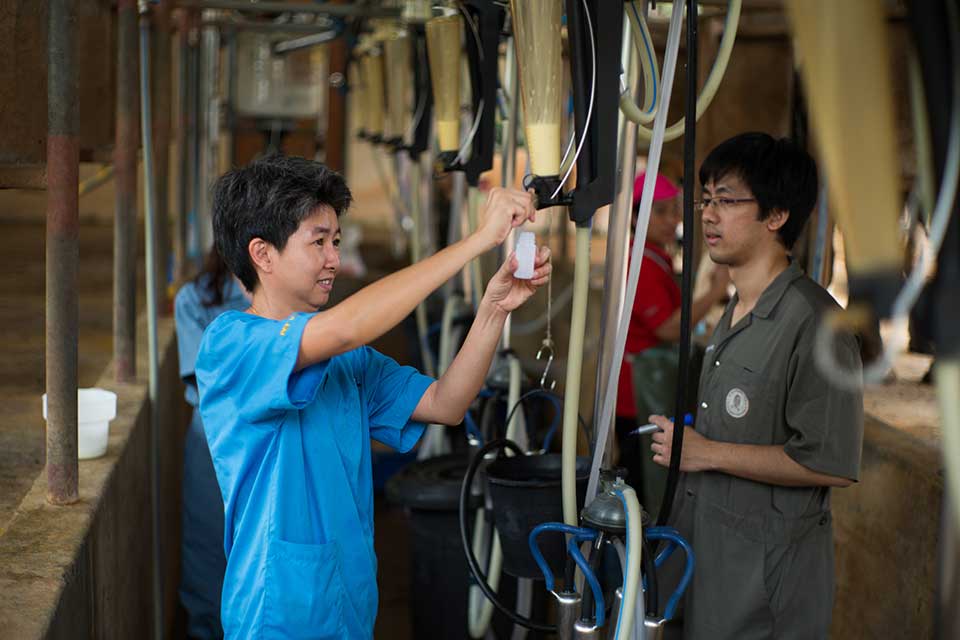
More than 200 farmers have taken the course since 2017.
In the era of Industry 4.0, the learning process for farmers must proceed in parallel with technological development. And the ultimate goal of the research center is to transform Thai dairy farming into “Smart Farming” and by “Smart Farmers”.
But in addition to technology, aspiring smart farmers need the right mindset — that is, they must know what technology will best suit their needs, according to Dr Kittisak.
The research center has introduced several new appropriate technologies at the research farm such as sensors and animal tracking systems, automation to reduce the use of human labor, and information software. Knowledge gained from the research farm is expected to be transferred to farmers in 2020.
Dr Kittisak says Smart Farming will fulfil the goal of the project, which is to improve the quality of life of dairy farmers, increase their economic and social status and reduce their production costs by effectively utilizing natural resources with the least impact on the environment.
All in all, the project is intended to enable farmers to carry on with their occupation on a stable and sustainable basis, he concludes.
This article was originally published in CU Around September 2019, Vol.62, Issue 9, Page 4-5, available at https://www.chula.ac.th/magazine/22962/
Previous:
Others
Help from the Heart
Chulalongkorn University volunteers bring their care and skills to flood-ravaged Ubon Ratchathani
Chulalongkorn Stages Future Sustainable Asia to Discuss Inequality
Chulalongkorn University in partnership with KFAS co-organizes the inaugural Bangkok Forum of “Future Sustainable Asia” to discuss “Integrating Knowledge for Social Sustainability.”

